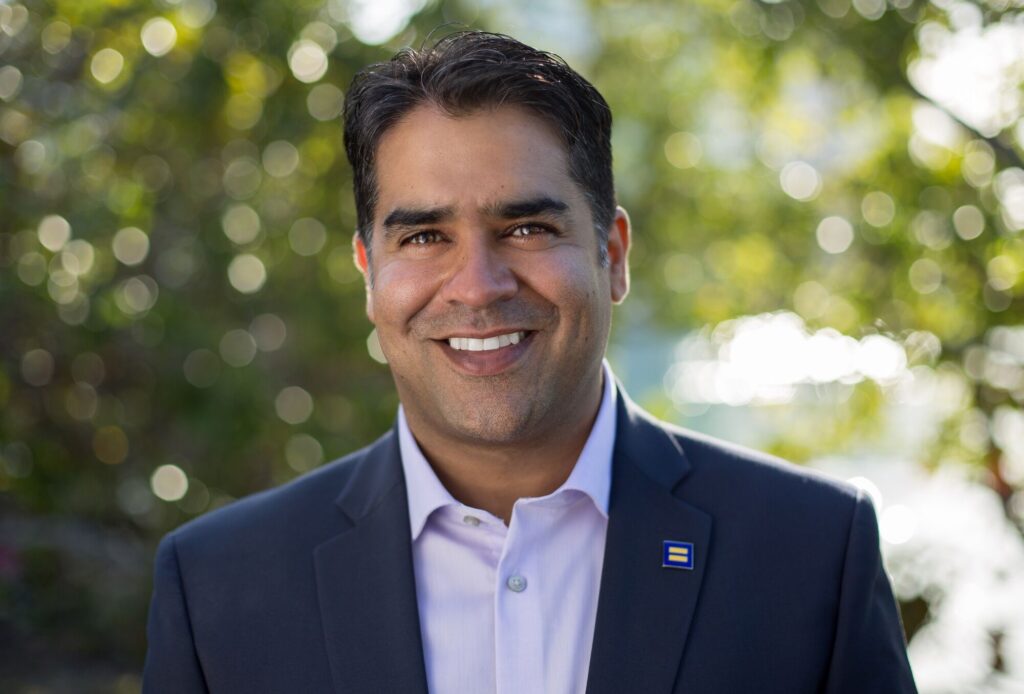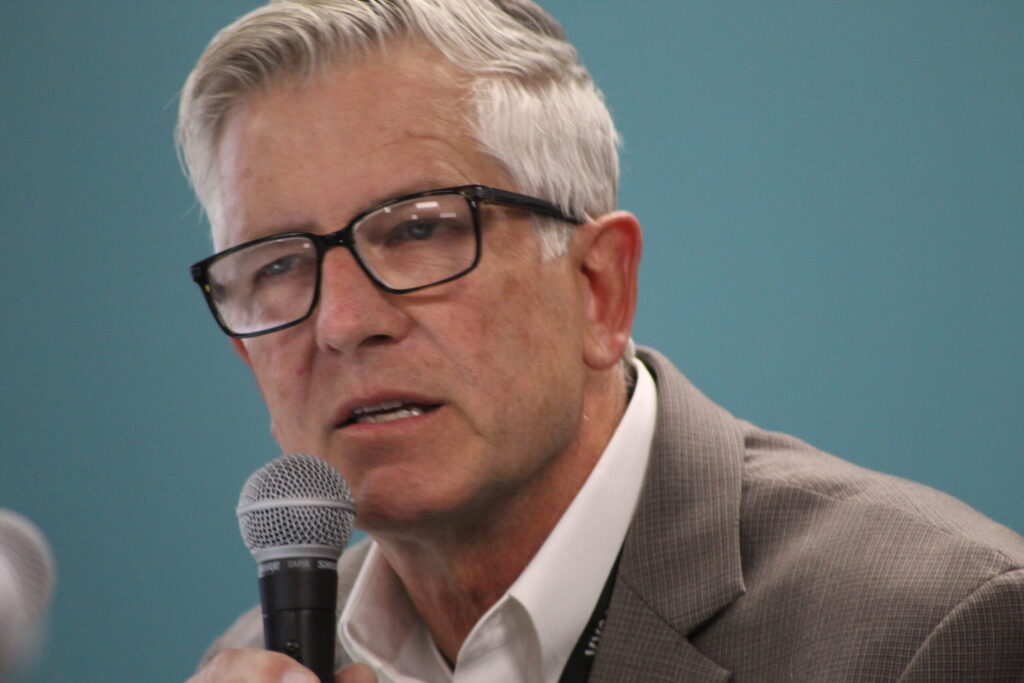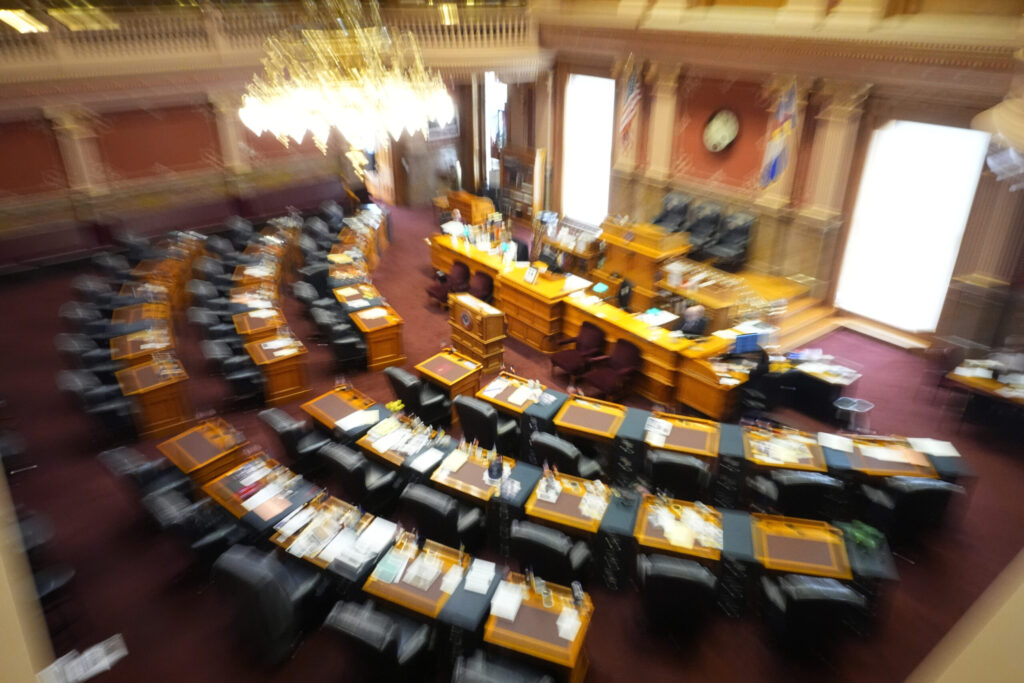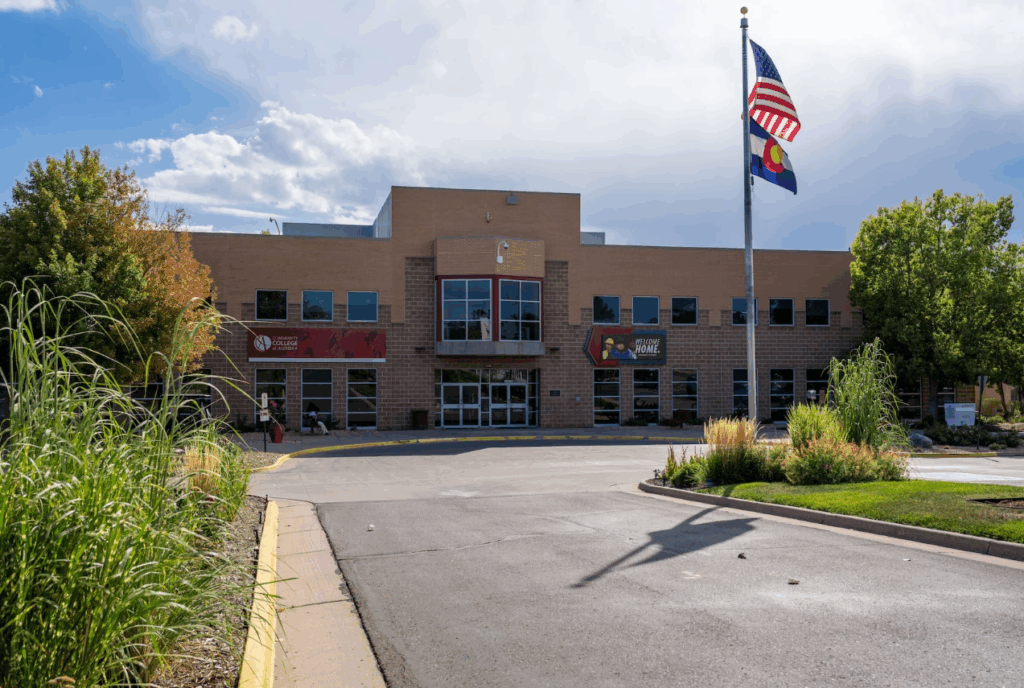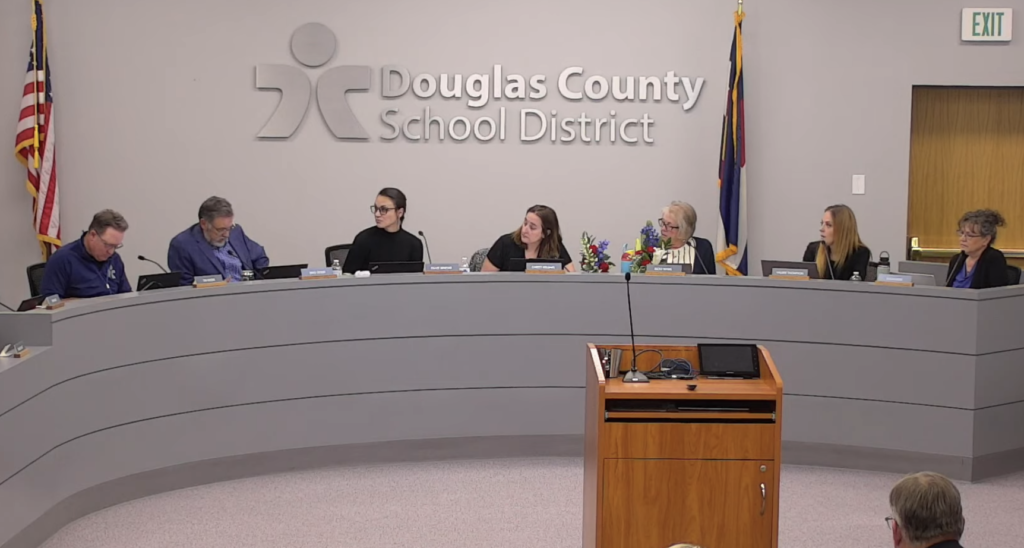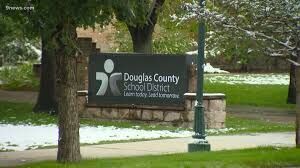How Colorado education board crafted its Holocaust language
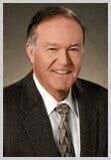
A Republican State Board of Education member who believes socialism poses grave dangers at home and abroad has put his stamp on how Colorado students will learn about the Holocaust.
Over the last year and a half, Steve Durham has pushed for the state’s academic standards to connect the Holocaust and other genocides to socialism. Durham succeeded in omitting the word Nazi from an early version of the standards in favor of the party’s full name, the National Socialist German Workers Party.
Durham agreed to include the word Nazi after Jewish community members lobbied the State Board of Education – so long as the full name with the word socialist remained.
“People don’t know and have a right to know that this party was and is a socialist party,” Durham said at an August board meeting. “That is largely lost on the American people and on a number of history teachers as well. I oppose dumbing down the standards.”
Historians say Durham is wrong about the Holocaust and wrong about the roots of genocide. The idea that Nazis were socialists is “a lie,” said David Ciarlo, a University of Colorado history professor who studies German politics. “It’s completely wrong.”
Still, Durham has exerted outsize influence over the standards related to genocide, which are meant to guide teaching across Colorado. A key section largely authored by Durham overrides recommendations from a committee of teachers and experts. The approved standards drop references to genocide in Rwanda, for example, while adding detailed references to the Communist Party of China.
The standards as written “absolutely suggest to teachers that they should be making a connection” between genocide and socialism, said John Gallup, a history teacher in Jefferson County Public Schools who recently returned from Auschwitz as part of a fellowship on teaching genocide and reviewed the standards at Chalkbeat’s request.
Durham’s sway, despite his misleading historical claims about the Holocaust, raises questions about the State Board of Education’s ability to accurately referee conflicts over teaching history as its members tackle a contentious update to the broader social studies standards – and at a moment when those fights are erupting nationwide. And in a state where teachers have limited access to Holocaust-specific curriculum or training programs, some see the attention being paid to socialism as a disturbing distraction.
“It feels very antisemitic, quite frankly,” said Democratic state Rep. Dafna Michaelson-Jenet, co-sponsor of legislation requiring Holocaust education statewide. She sees the latest standards as an effort to score political points rather than teach about the murder of Jews and other minority groups. “You’re erasing the violence that happened by making it something that it wasn’t.”
The meaning and memory of the Holocaust have become yet another battleground in the fight over what students should learn about history, race and gender. A Texas school administrator told teachers to balance books on the Holocaust with “opposing views.” A Tennessee school board voted to remove the acclaimed graphic novel “Maus” from its curriculum due to its “unnecessary use of profanity and nudity and its depiction of violence and suicide.”
The Holocaust also remains a potent symbol of evil to be used – or misused – in political arguments. Opponents of vaccine mandates have donned yellow star badges similar to those the Nazis forced Jews to wear. At a rally last year, Republican U.S. Rep. and conspiracy theorist Marjorie Taylor Greene linked the Nazis and today’s Democratic Party by describing both as “national socialist parties.”
But teaching the Holocaust wasn’t supposed to be divisive in Colorado.
A state law passed in 2020 with broad bipartisan support required that students learn about the Holocaust and other genocides before graduating high school. (Many schools already included the Holocaust in history and literature classes, but it was not a requirement.)
Following the legislation, a committee of experts and teachers prepared recommendations for what students should learn. When the State Board of Education received them in spring 2021, Republicans raised a host of objections, many driven by contemporary political concerns – a theme of the discussions that would take place over the next year. Democrats outnumber Republicans on the board.
Republicans objected to references to mass violence, for example, saying the standards should then also reference recent violent protests in Portland, Ore., and Seattle following the murder of George Floyd.
Durham saw something else wrong with the recommendations. While they mentioned the Cambodian genocide, they were silent on the crimes of the Soviet Union and Communist China. He proposed adding these events and said the standards should name the governments – such as the National Socialist German Workers Party – that carried out genocides.
Board Chair Angelika Schroeder, a Democrat, was largely silent on the substance of these discussions and later declined an interview request. She and fellow Democrat Rebecca McClellan ultimately voted with the Republicans to adopt Durham’s proposal, with McClellan praising the inclusion of the oppression of the Uyghurs.
Chalkbeat is a nonprofit news site covering educational change in public schools.




